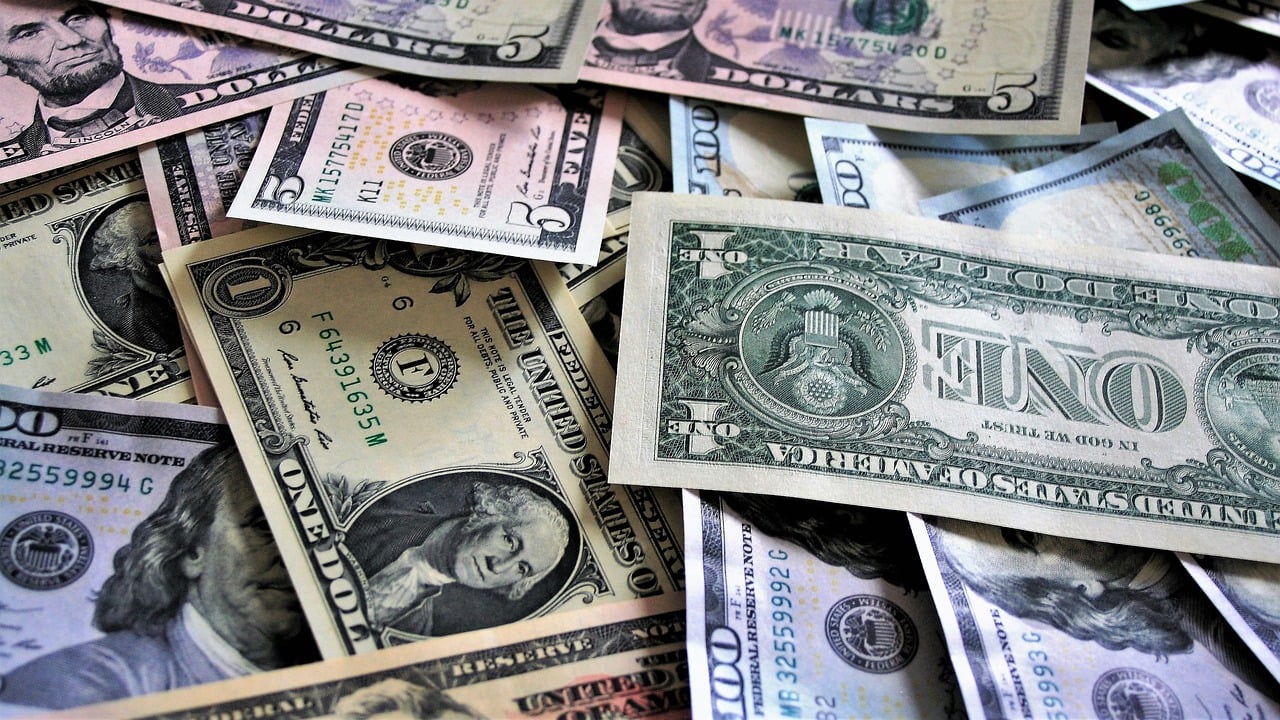Commenting on today’s trading in which risk assets globally sank, Gorilla Trades strategist Ken Berman said:
Although it’s still early to judge the long-term impact of the epidemic, investors opted to get out of risk assets globally, triggering the deepest pullback in months on Wall Street. Stocks erased almost all of their year-to-date gains today, adding to Friday’s steep losses, but the bullish long-term trends are still in no danger, despite today’s broad sell-off and the spike in volatility.
Q4 2019 hedge fund letters, conferences and more
The major indices got hit hard today, suffering their worst two-day loss since early-October as the Chinese efforts to contain the Wuhan virus seem to be failing. The Dow was down 454, or 1.6%, to 28,536, the Nasdaq lost 176, or 1.9%, to 9,139 while the S&P 500 fell by 52, or 1.6%, to 3,244. Decliners outnumbered advancing issues by an almost 4-to-1 ratio on the NYSE, where volume was well above average.
The materials sector and especially energy-related issues remained under severe pressure today, as the price of oil continued its sharp decline, but tech stocks, services, consumer goods, financials, and industrials all finished with sizable losses. Utilities and healthcare stocks remained relatively strong throughout the session, as global risk assets plummeted and safe-havens surged higher. The 10-year U.S. Treasury yield closed near 1.60%, giving back most of its winter gains, while gold closed at its highest level since 2013.
Risk assets across globe sell off
The CDC still doesn't treat the coronavirus outbreak as a major domestic health risk, but the virus' impact on the Chinese economy could already be enough to hurt the global economy. China has already been facing headwinds due to its ballooning public debt and the trade war with the U.S., and another 'demand-shock' could spell serious trouble for the Asian behemoth. With the country's outsized contribution to global growth in mind, the coming days could turn out to be crucial for the economic outlook of 2020.
While new home sales missed by a wide margin today and there were other signs pointing to a slowdown in the housing market in recent weeks, homebuilders had a relatively strong session. Residential construction firm D.R. Horton (DHI) reported earnings before the bell, beating estimates across the board, which gave a boost to the sector, together with the significant drop in Treasury yields.
Economic data in focus
Although analysts started mulling the possibility of a rate hike by the Fed due to the stable U.S. growth figures in recent weeks, the coronavirus scare and the rising risk of a Chinese hard landing could mean that the Central Bank will hold its benchmark rate steady throughout the year as global risk assets continue to sink.
We will have the busiest session of the week tomorrow, in terms of economic releases, with key reports coming out from all of the main sectors. The durable goods report and the Richmond Manufacturing Sector will likely have the biggest impact on stocks, due to the global weakness in manufacturing, but the CB consumer confidence number and the Case-Shiller Housing Price Index will also be closely watched. As for earnings, Apple’s (AAPL) report will come out in after-hours trading, while the numbers of Pfizer (PFE), United Technologies (UTX), Lockheed Martin (LMT), and 3M (MMM) will highlight the pre-market session. Stay tuned!






